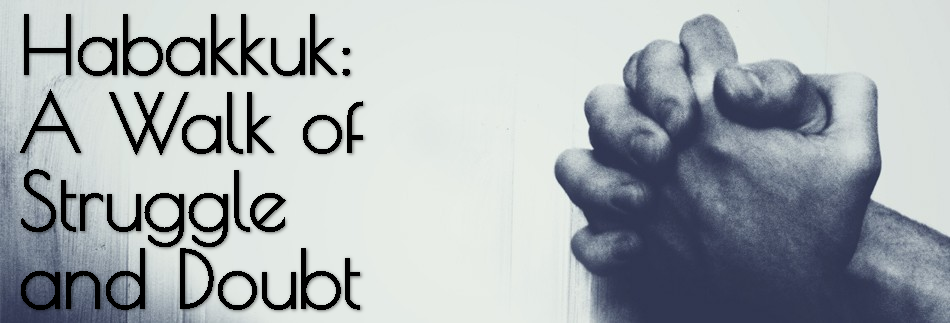Devotionals
Enjoy our daily devotionals written by Pastor Randy Dubois. These devotionals can be used as another way to grow in your walk with Jesus and to grow in your understanding of God and His Word.



Paul’s Final Instructions (Day 25)
Read 1 Corinthians 16:1-18
The Christians in Jerusalem were suffering from poverty and famine, so Paul was collecting money for them (Romans 15; 2 Corinthians 8 and 9). He suggested that believers set aside a certain amount each week and give it to the church until he arrived to take it on to Jerusalem. Paul had planned to go straight to Corinth from Ephesus, but he changed his mind (2 Corinthians 1 and 2). When he finally arrived, he took the gift and delivered it to the Jerusalem church (Acts 21 and 24).
Read more...



The Faith of Abraham (Day 9)
Read Romans 4:1-25
The Jews were proud to be called children of Abraham. Paul uses Abraham as a good example of someone who was saved by faith. By emphasizing faith, Paul is not saying that God’s law is unimportant but that it is impossible to be saved by simply obeying it.
Verse 4 means that if a person could earn right standing with God by being good, the granting of that gift wouldn’t be a free act; it would be an obligation. Our self-reliance is futile; all we can do is cast ourselves on God’s mercy and grace.
Verse 4 means that if a person could earn right standing with God by being good, the granting of that gift wouldn’t be a free act; it would be an obligation. Our self-reliance is futile; all we can do is cast ourselves on God’s mercy and grace.
Read more...

Mark: A Walk With Our Savior (Day 45)
Read Mark 10:46-52
JESUS HEALS A BLIND BEGGAR
Jericho was a popular resort city rebuilt by Herod the Great in the Judean desert, not far from the Jordan River crossing. Jesus was on His way to Jerusalem, and, after crossing over from Perea, He would naturally enter Jericho.
Beggars were a common sight in most towns. Because most occupations of that day required physical labor, anyone with a crippling disease or disability was at a severe disadvantage and was usually forced to beg, even though God’s laws commanded care for such needy people (Leviticus 25). Blindness was considered a curse from God for sin (John 9), but Jesus refuted this idea when He reached out to heal the blind.
Beggars were a common sight in most towns. Because most occupations of that day required physical labor, anyone with a crippling disease or disability was at a severe disadvantage and was usually forced to beg, even though God’s laws commanded care for such needy people (Leviticus 25). Blindness was considered a curse from God for sin (John 9), but Jesus refuted this idea when He reached out to heal the blind.
“Son of David” was a popular way of addressing Jesus as the Messiah, because it was known that the Messiah would be a descendant of King David (Isaiah 9). The fact that Bartimaeus called Jesus the Son of David shows that he recognized Jesus as the Messiah. His faith in Jesus as the Messiah brought about his healing.
